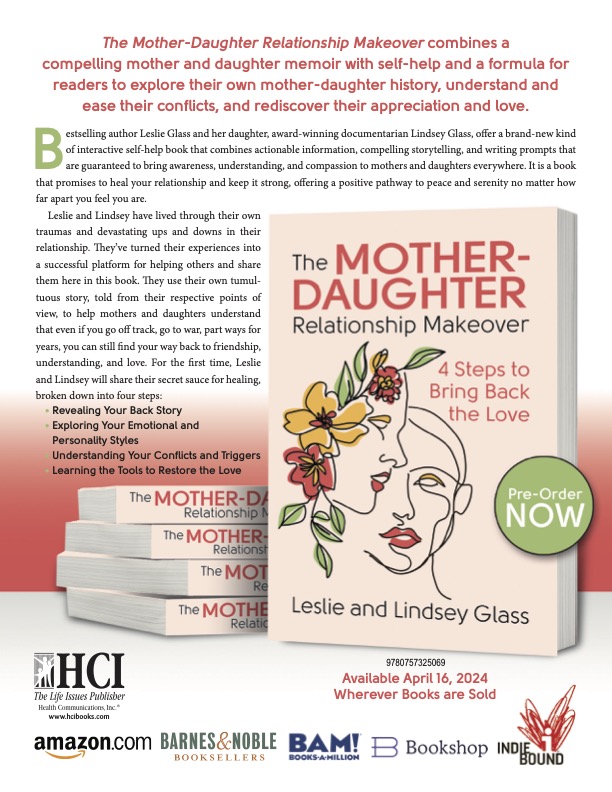Feeling Hopeless Happens A Lot These Days So We Have To Know What To Do
Updated 3/10/25 Feeling hopeless if you read the news, live in the modern world, and are faced with the heartbreaking problems of our current world is normal. It happens to everyone from time to time. Right now you could well be feeling even worse than normal. If you struggle with depression, addiction, or any other behavioral or mental disorder, however, then feeling hopeless can lead to much greater danger. For those of us in recovery, who are combatting all of those things on a daily basis, we need a recovery plan for when the hopeless feelings hit.
It’s Also Critical To Know How Feeling Hopeless Hits
Feeling out of your depth comes in many forms. In a new job, you can feel overwhelmed with fear and anxiety, in a new relationship, you can feel overwhelmed by feelings or commitment fears, and in any form of self-improvement, you can feel hopeless when it doesn’t feel like you’re making progress. Geopolitical events, politics, concerns over the environment, and finances are huge stressors for everyone right now. Feeling overwhelmed is a part of life and feeling totally overwhelmed is a big part of growing up and a successful recovery.
Feeling Hopeless Sometimes Is Normal, How You React Predicts Your Success
Some days I can make a million mistakes and laugh my way through them. On other days, a mistyped email in a group can send me into a distressed tailspin. What can people think of me? How could I have made such an egregious error? The positive or negative response always comes down to my emotional sobriety and recovery. Here’s the issue, the longer I stay in recovery, the less tolerance I have for bullshit, even in myself.
So, there I am sitting in a shame spiral arguing with myself about how crazy it is that I feel bad about a mistake in an email. Welcome to the crazy. If I stay in the crazy too long, it leads to hopelessness. Hopeless, I can’t do for long. It doesn’t feel good. Crazy doesn’t feel good. Stressed doesn’t feel good. All these dysfunctional “isms” I comfortably lived in for so long don’t work for me anymore. There’s no room for paralyzing overwhelm and hopelessness in my life today. I’m dealing with too many people and too many things to get stopped every five seconds by low self-esteem. So, what to do?
What To Do When You ‘re Feeling Hopeless
Feeling Hopeless 1: Discover The Cause And Write It Does
You can’t make a plan or think about solutions if you don’t know what you’re worried about. Get old-fashioned and put a pen to paper and make a list of the things that are making you feel overwhelmed. Once you have a list you can reference, then you can address how to handle each one.
For example, if it’s the news, turn off the news for a while. If you are feeling frightened about finances or health, get really clear on who might be able to help you. There are a lot of people turning to finance programs to help them get through these scary times. Ignore the name, but Debtors Anonymous and other financial programs exist to help people find support and solutions for all kinds of money issues. If you’re worried about getting sick or the health of a child or loved one, do some research, call a doctor, and get the information you need to make you feel better.
Feeling Helpless 2: Acceptance Is The Answer For Today
You are asked to find acceptance in recovery because it allows you to shift your perspective and start thinking about solutions instead of just worrying about the problems or resentments. Accept whatever it is you are dealing with because you can’t change it.
When the dialogue changes from, “This is too much,” or, “Why is this happening to me?” to, “This is happening so what can I do stay OK through it,” you’re moving in the right direction. Many people are struggling with finances and inflation – it’s a fact. When the conversation changes to how can we save more or earn more or who can chip in to help? Then, you’re moving into solution, and with solution comes relief. Relief is what we’re looking for here. If you have someone you love who is sick, join a support group and learn how to take care of yourself. We’re moving into action to feel better.
Feeling Hopeless 3: Change Your Focus
OK, so now we know what we’re feeling overwhelmed by and have found some acceptance about whatever the situation is, so the next step is what can you control? Focus on the things that you can do something about. If the situation worrying you is out of your control, then it’s time to focus on other things and yourself.
If you are challenged by things that need addressing, this is the time to start making a list of ideas and solutions. Who can you talk to that has experience with your current situation and can give you useful advice? Who can you trust with your feelings that might be able to help guide you or at least lend a caring ear? Find the things to focus on that will get you closer to what you want.
Feeling Hopeless 4: Have Some Fun And Keep Busy
In certain recovery programs, one of the first things you’ll get asked is, what do you do for fun? The question is important because when we are consumed with worry or feel hopeless, we do not have fun. We are not thinking about how to enjoy the day and what might amuse us for a few hours. Well, this is your permission slip to go have fun. Go outside, go to a movie, go to a concert, go to a museum, start crafting, donate your time, and volunteer. So many people are in need as we head into the holidays.
Look to local organizations like The Salvation Army, they will have food drives and other ways you can help and it’s fun. I swear. Maybe not like the rave fun of yesteryear, but you’ll feel very good after doing it, and that matters too. Laughter is the best medicine so give yourself a moment to feel alive again. Pressure, anxiety, overwhelm, and worry destroy the ability to feel light. Find ways to let the light and the joy in.
Feeling Hopeless 5: Prioritize and To-Do lists
If the overwhelm or hopeless feelings you have come from too much responsibility, then it’s time to prioritize and make to-do lists. What needs to be done today? Are there tasks family members can take? Is there work to delegate? When and where do you have to be? Having all this information organized and in front of you in black and white is incredibly helpful. Use reminders and notes on your phone, hang an old-fashioned calendar on the wall, and communicate with the people around you. Once you have your responsibilities lined up and prioritized, you can attack the list and check things off.
Feeling Hopeless 6: Breathe Pause Meditate
One of the ways I recovered from the chaos of my past was by getting really quiet and staying that way for a while. Not everyone knows this about me but I was not in contact with a lot of my family for about four years. It wasn’t about them. I needed to learn a new way to live for myself. I had to learn how to stop repeating patterns that were not serving me. In the quiet and the pause is where so much growth happens. When we are at our worst, our lowest, our most afraid, it’s so important to be able to pause and get quiet.
Meditation and breathing exercises are game changers. I just started Wim Hof breathing and if you are a person in recovery or who suffers from anxiety, check him out. It helps to be able to slow down your heart and know you have tools to help you relax when you’re freaking out.
Feeling Hopeless 7: Next steps
If you were paying attention, you now know what’s bothering you and what you can do to start making yourself feel better. What are your next steps? Don’t just close this tab and move on with your day. Write down what you should be doing to deal with whatever is making you feel hopeless or overwhelmed. You can do this. You’ll feel better when you do.
Check out my new book below.
Buy the book Now!
More Articles From Lindsey
Best Self Care Tips For Brain Health In 2025
Habits of Emotionally Healthy People
Tips To Cope With Stressful Life Events
How To Be OK When You Are Not OK
How To Not Take Things Personally






















